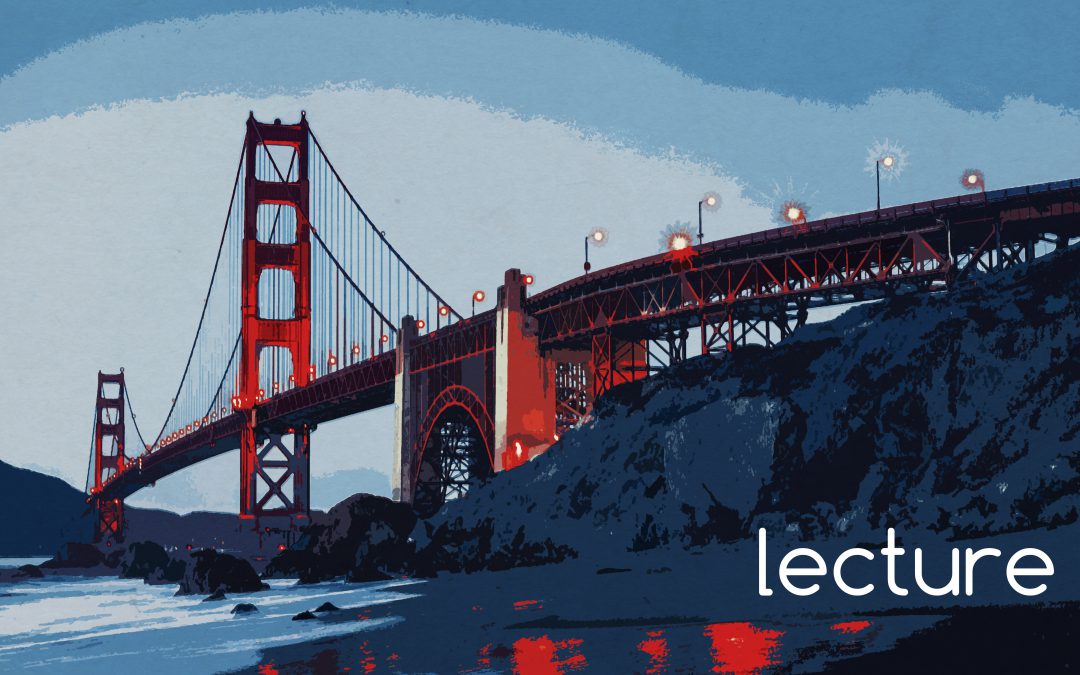
Events, Lectures, News
Prof. Celeste-Marie Bernier (University of Edinburgh)
July 4, 2018, 10 a.m.–12 p.m. (c.t.), Philosophicum I, P 5
While there have been many Frederick Douglasses – Douglass the abolitionist, Douglass the statesman, Douglass the autobiographer, Douglass the orator, Douglass the reformer, Douglass the essayist, and Douglass the politician – as we commemorate his two-hundredth anniversary, it is now time begin to trace the many lives of Douglass as a family man. In this talk I will trace the activism, artistry and authorship of Frederick Douglass not in isolation but alongside the sufferings and struggles for survival of his daughters and sons: Rosetta, Lewis Henry, Frederick Jr., Charles Remond and Annie Douglass. As activists, educators, campaigners, civil rights protesters, newspaper editors, orators, essayists, and historians in their own right, his children each played a vital role in the freedom struggles of their father. They were no less afraid to sacrifice everything they had as they each fought for Black civic, cultural, political, and social liberties by every means necessary. No isolated endeavor undertaken by an exemplary icon, the fight for freedom was a family business to which all the Douglasses dedicated their lives as their rallying cry lives on to inspire today’s activism:
“Agitate! Agitate! Agitate!”
For more information see the poster.

Events, Lectures, News
Prof. Alan Lessoff (Illinois State University)
June 21, 2018, 4–6 p.m. (c.t.), SB II, 01-531 (Colonel-Kleinmann-Weg 2)
Urban history has long had a strong transnational character, on account of the functions that cities historically have served as nexuses in networks of exchange, information, and human movement. This session considers how the new transnational history, by placing the city at the heart of contemporary globalization, has reinvigorated the transnational and comparative dimensions of U.S. urban history.
For more information see the poster.

Events, Lectures, News
Prof. Celeste-Marie Bernier (University of Edinburgh)
June 28, 2018, 4–6 p.m. (c.t.), SB II, 01-531 (Colonel-Kleinmann-Weg 2)
This talk will introduce audiences to the drawings, paintings, prints, sculpture, mixed-media installations and performance art created by Black British artists living and working across the Black Diaspora. Black artists betray a lifelong determination to come to grips with hidden histories, untold narratives, and missing memories by developing experimental art practices.
For more information see the poster.

Events, Lectures, News
Prof. Laura Stevens (U Tulsa)
June 25, 2018, 12 p.m.–2 p.m. (c.t.), Philosophicum I, P 5
This lecture will provide an introduction to the Mohawk People, who called themselves “Kanienkehaka,” or “People of the Flint.“ The Easternmost tribe of the Iroquois or Haudenosaunee confederacy, the Mohawks were powerful and pivotal figures in the complex and violent landscape of colonial America. After considering some of their history and customs, this lecture will focus on a visit of 3 Mohawk and 1 Mahican ambassadors to London in 1710. An important public event that shaped English attitudes to Native Americans for years to come, this visit also generated a variety of literature and encouraged English missionary efforts to the Mohawk Nation. We will conclude by considering the importance of Mohawk diplomacy, mobility, and adaptability to what Native author Gerald Vizenor has called “Native survivance“ in the twenty-first century.

Events, Lectures, News
Prof. Alan Lessoff (Illinois State University)
June 28, 2018, 6–8 p.m. (c.t.), Philosophicum I, P 15
In recent years, an environmental perspective on urban history has been transforming both urban and environmental history, by emphasizing the city as an especially intense form of human interaction with nature, rather than a site distinct from or opposed to nature. This session considers the variety of new perspectives on both cities and the environment that emerge when one researches cities as features within and influences upon the environment.
For more information see the poster.

